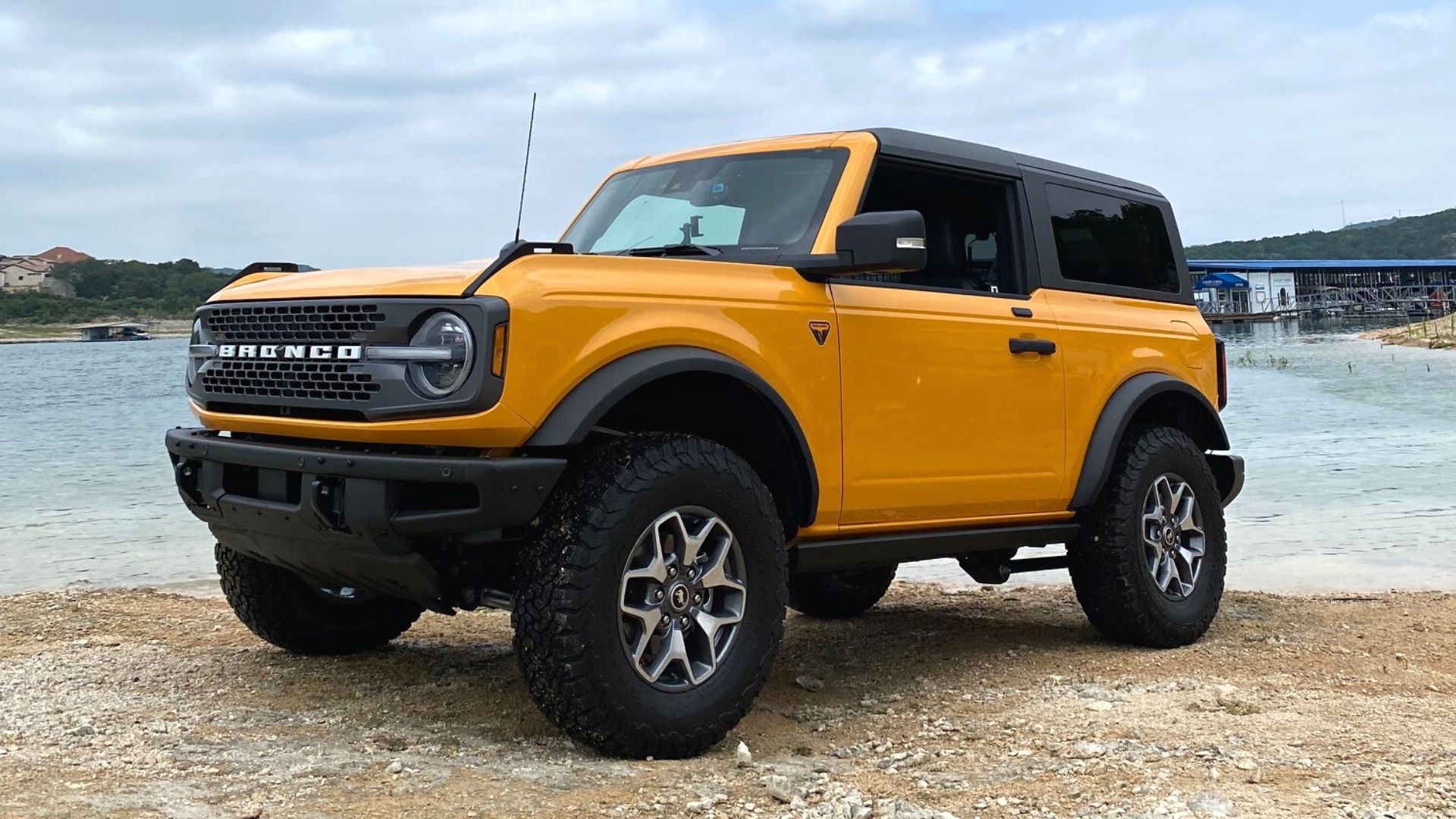

In terms of vehicle launches, Ford has been enjoying a wave of hits and buzz with the Bronco, Maverick, and Lightning. The Blue Oval is straddling the line between heritage and future-facing progress, and customers are snapping up its vehicles like ravenous crocodiles (and sometimes overpaying due to dealer markups). Less than two weeks ago, Ford celebrated its 40 millionth F-Series truck with a 2022 F-150 Tremor rolling off the line in Dearborn.
However, the chip shortage and supply chain woes are taking their toll on Ford and across the industry. In its most recent earnings call, Ford CEO Jim Farley and CFO John Lawler were called on to break down the numbers from Q4 2021 and explain how it missed Wall Street’s earnings expectations. Ford shares dropped by 9.7% on Friday, and the automaker confirmed to CNBC that it would be cutting production next week for the Bronco, Explorer, F-150, Ranger, Mustang Mach-E, and Transit cargo van. On the Lincoln side, plants in three states plus one in Mexico will see downtime for Aviator builds.

Farley remained positive while answering questions from financial powerhouses like JP Morgan, Credit Suisse, and Deutsche Bank.
“Even with the recent momentum, I know some observers may remain skeptical that a 118-year-old company like Ford will emerge as a winner in these disruptive times in our industry,” Farley said on the call. “And I’m okay with that. We’re going to compete like a challenger, speak with our actions, prove ourselves overtime.”
The Ford boss went on to explain that the brand is restructuring for broader outreach in Europe and South America and growing its market in China, which Farley says is now the number one Lincoln market globally. It’s Farley’s job to inspire confidence, and his direct style has been described as “refreshing.” Before taking the helm as CEO in 2020, Farley spent time overseas with Ford, serving as executive vice president and president of Global Markets.

Answering an inquiry from Dan Levy of Credit Suisse, Ford’s CEO outlined the new ways the company will manage the supply chain going forward, especially as it ramps up its electric vehicle line. He didn’t pull any punches, challenging Tesla directly and reiterating his commitment to simplifying the business all around. (If you want to geek out with me on all of the financial banter, here’s the full transcript of the call.)
“Perhaps the biggest gift for all the pain we’re going through now in semiconductors is that we have very painfully learned the lesson that we cannot manage the supply chain for these key components as we have,” Farley said. “We are well on our way to achieve at least a 40% mix of BEVs by 2030 with strong margins…For example, the F-150 Lightning, if we had full production today to meet our current demand we would rival the Model Y as the leading BEV nameplate in the US market. We can’t grow a profitable BEV business without a very healthy ICE business. And to do this we’re reducing complexity everywhere, while increasing, leveraging the benefits of our connectivity.”
Farley knows the markets well, and Wall Street knows that, too. When he says “while we remain in the teeth of the COVID crisis and semiconductor shortages, our overall business is still in great shape,” as he did a few days ago, he’s likely to be believed, and I expect Ford to rebound and pivot quickly.
Got a tip? Leave a comment here or send a message to kristin.shaw@thedrive.com.